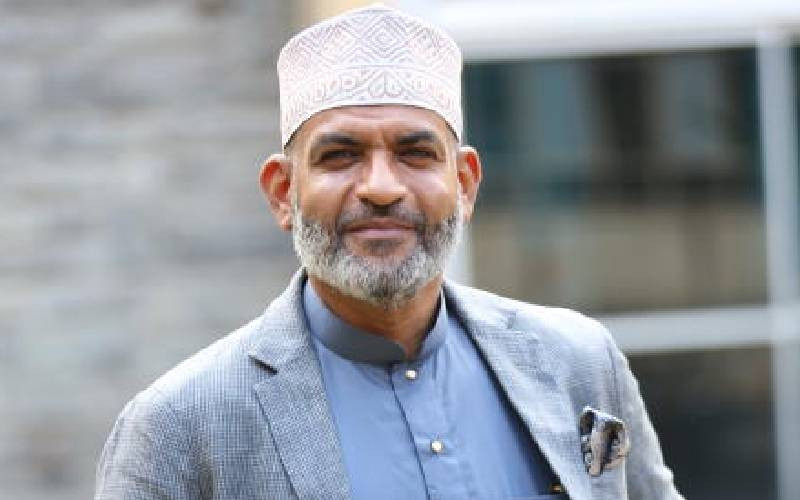×
The Standard e-Paper
Home To Bold Columnists

Mombasa Governor Abdulswamad Sharrif Nassir.
Over the last four months, counties have not received their equitable share from the national government. The delays undermine county governments.